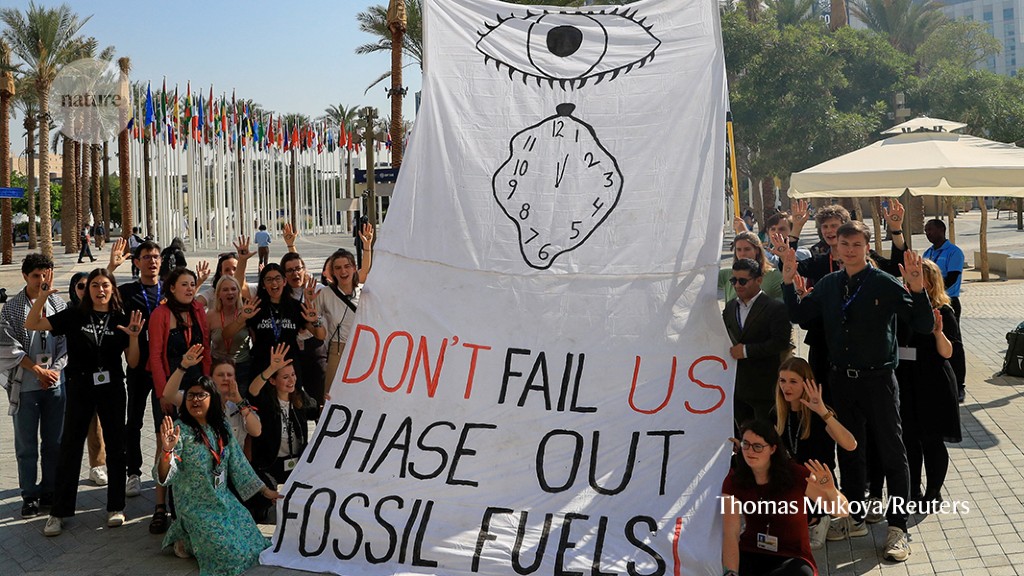Preventing Climate Change by Phase-Out of Fossil Fuels or Sequestering the CO2Energy Footprints of Global Warming
But no amount of clean energy is going to prevent further global warming without a concurrent phase out of fossil fuels or, at least, sequestering the associated greenhouse-gas emissions. It will be difficult and painless to do so. Political leaders around the world will be under pressure because of their economic interests. Fossil-fuel producers, such as the United Arab Emirates and the United States, will need to find other sources of revenue and create different jobs for their citizens. If the burden of a phaseout falls on the world’s poor, then it’s a problem. This is not only the right thing to do, but will also be crucial to prevent political blowback against climate policies.
Many leaders around the world want to take advantage of the wiggle room this creates, particularly those governments that rely on fossil fuels for their economies.
Al Jaber, who is chief executive of the Abu Dhabi National Oil Company, is but one example. Under President Joe Biden, the United States is one of them. It supports calls to eliminate fossil fuels, yet it is taking a record amount of oil out of the ground. India, led by Prime Minister Narendra Modi, is expanding renewable energy. But the nation — which has an ambition to represent the interests of poor countries — is also continuing to build coal-burning power plants, which supplied nearly three-quarters of its electricity last year.
Wealthy countries need to lead the way. This means not only slashing emissions and driving down the costs of clean-energy technologies, but also providing financial aid to help the poorest countries do their part. Yet world leaders have failed to come up with enough funds.
A group of 120 countries pledged to triple the world’s renewable-energy generation capacity by the year 2030. This commitment would give a step forward because it focuses on short-term action rather than long-term hope.
In the short term at least, the world is all but certain to overshoot the 1.5 °C goal. But there is nothing special about this threshold: this year’s climate extremes have made it all too clear that there is no truly safe level of warming, and every fraction of a degree matters. It’s important that emissions are cut as quickly as possible in order to head off irreversible damage.
“Killing greenwashing doesn’t mean stop investing in nature,” he says. It means doing it the right way. Distribution of wealth means giving to Indigenous populations and farmers who are living in a planet with many animals.
In a cavernous theater lit up with the green shapes of camels and palms, Thomas Crowther, former chief scientific adviser to the United Nations, begged environmental Ministers to stop planting so many trees.
